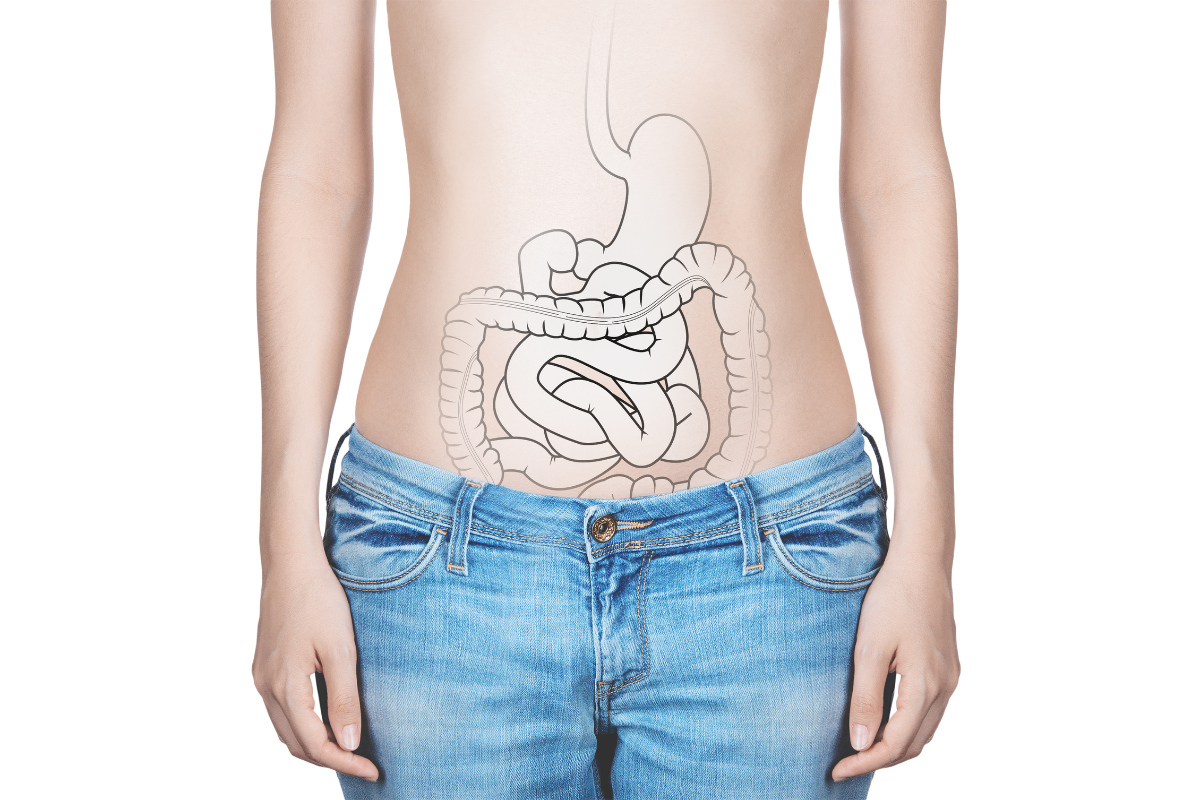What to do with acne or late acne?
Acne is a widespread problem that mainly affects teenagers. According to the free encyclopaedia Wikipedia, between 70 and 95% of all 15 to 18-year-olds worldwide suffer from acne. Acne usually disappears spontaneously after puberty. However, scars remain in 2 to 7 percent of those affected. However, more and more adults are also affected by acne or so-called late acne. And often drug treatment or cosmetic cleansing of the skin does not lead to the desired success in the long term. That is why we try to get to the bottom of acne and treat not only the symptoms but also the cause.
Acne – auxiliary symptom, warning symptom or disease?
More and more adults are suffering from a late form of acne, known as acne tarda. Especially after stopping the pill, but also during pregnancy or the menopause, signs of blemished skin become visible in many women. The symptoms of this type of late acne are often only mild to moderate. However, those who are affected often suffer just as much as younger patients, as pimples in adulthood are often perceived as a blemish and unkempt. In addition, the first wrinkles often appear. All of this can have an impact on the psyche and self-confidence.
What really helps with acne?
Around 10 to 30 percent of acne sufferers require drug therapy due to the severity of their symptoms. These include, for example, drugs that drastically reduce fat metabolism, resulting in dry skin all over the body due to the minimization of sebum production. As a doctor of individual medicine, I also take a holistic view of acne as a disease – and in the following I contrast the prevailing scientific view of acne with my own observations.
Functional intestinal disorder as the cause
If we assume that pollutants are the cause of acne, then detoxification is the natural and consistently cause-oriented treatment path to clear skin. A central starting point of functional individual medicine is the intestine. If the gut is not functioning properly, it cannot optimally absorb vitamins, minerals and important trace elements such as zinc. In addition, harmful substances can enter the body via a damaged intestinal wall – leaky gut syndrome. This permeable gut-blood barrier can lead to allergic and autoimmune reactions. The skin reacts with pimples, pustules and eczema.
That’s why the first thing to do with acne is to analyze the gut and the microbiome! This often leads us to the cause.

Strengthen your kidneys with an alkaline-rich diet
Another aspect that can help a lot with acne is a so-called alkaline surplus diet. Its main aim is to strengthen the kidneys with minerals so that they can excrete significantly more acids and harmful substances than they were previously able to. This is because it is also possible that weak kidney excretion due to a lack of minerals is the trigger for the appearance of skin blemishes. At the same time, detox or herbal teas can help your body to dissolve and suspend as many harmful substances as possible and excrete them via the kidneys. Of course, a diet rich in alkaline and vital substances not only has a cleansing effect, but also has a regenerating effect on the entire organism and therefore also on the skin.
Depending on your individual situation, changing your diet and avoiding certain foods can significantly improve acne. After a period of abstinence of several months, you can usually eat these foods again without any problems.

Regular exercise clears the skin
For patients with particularly oily skin, regular and moderate fitness and muscle training is also beneficial. This is because when the intestines are functioning well again and the kidneys are strengthened with minerals, previously sensibly formed excretory fat is released in the case of acne on the face, neck and décolleté and should be burned off muscularly.
In addition to burning muscle fat, you can support your body by strengthening its liver function and improving fat digestion, for example by completely abstaining from alcohol in any form for a few weeks.
Mineral deficiency hinders detoxification
Our bodies are no longer able to excrete the large quantities of different acids and harmful substances via the kidneys due to our diet, which is usually too low in minerals. It is therefore essential to check how good your mineral supply is and how we can support your body’s regulatory system by administering the right micronutrients.


